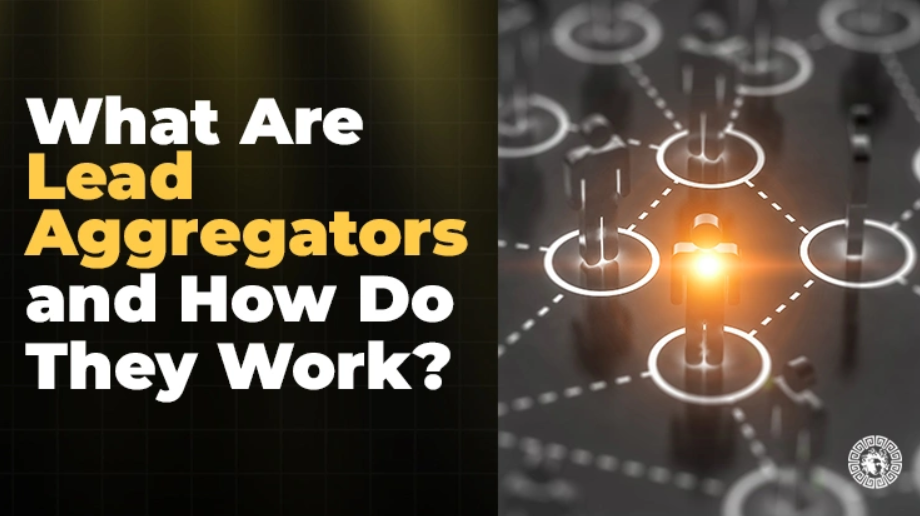What Are Lead Aggregators and How Do They Work?
Discover how lead aggregators can slow down your demand generation efforts by collecting, compiling, and reselling unverified data from unreliable sources.
Lead aggregation has changed how companies acquire leads — promising convenience by sourcing data from multiple channels and selling it to businesses for a fee. But behind the simplicity lies a set of hidden risks that every B2B marketer should understand. Let’s break down what lead aggregators do and why relying on them might not be the best idea.
What Are Lead Aggregators?
Lead aggregators are companies that collect contact information and potential customer data from various sources such as websites, social media, and data brokers, then resell those leads to other businesses.
While they act as intermediaries between data providers and buyers, their methods often result in low-quality, outdated, or irrelevant leads. The speed and scale they offer often come at the expense of accuracy and reliability.
How Lead Aggregators Work
- Data Collection
- Aggregators purchase or scrape lead data from multiple sources, including forms, social platforms, or third-party vendors. Unfortunately, this process often delivers irrelevant or outdated contacts that require additional effort to verify.
- Data Enrichment
- Some aggregators add demographic or firmographic information to make the leads appear more detailed. However, this process can introduce inaccuracies or incomplete data that reduce the value of the leads.
- Data Filtering
- Generic filters are applied to categorize or segment leads. Yet, these filters usually fail to align with a company’s specific target audience, leading to mismatched or low-quality prospects.
- Lead Distribution
- The leads are then resold or distributed to multiple businesses simultaneously. This creates overlap — meaning your competitors might receive the same leads — reducing your conversion potential and brand differentiation.
Drawbacks of Using Lead Aggregators
- Low-Quality Leads
- Aggregator data is often outdated or irrelevant, leading to poor engagement and low conversion rates.
- Higher Costs Over Time
- What seems like an affordable option upfront often becomes expensive when you factor in the time, verification costs, and wasted sales efforts on unqualified leads.
- Data Privacy Risks
- Aggregators collect massive amounts of data, often with unclear consent practices — putting your company at risk of violating privacy regulations like GDPR or CCPA.
- Integration Challenges
- Many aggregator platforms do not integrate seamlessly with CRMs or marketing automation tools, creating inefficiencies in your workflow and tracking processes.
What to Watch Out for When Choosing a Lead Aggregator
- Reputation and Credibility
- Always research reviews and case studies. Many aggregators make big promises but fail to deliver high-quality, exclusive leads.
- Data Privacy & Compliance
- Ensure the aggregator follows global privacy regulations and provides transparency about lead sources.
- Integration Capability
- Verify whether their platform aligns smoothly with your CRM and marketing stack to avoid workflow disruptions.
- Pricing Transparency
- Be wary of “too good to be true” pricing. Many vendors include hidden fees or upsells that inflate costs and reduce ROI.
Final Thoughts
While lead aggregators might seem like a quick fix for growing your lead database, their drawbacks — including poor lead quality, data privacy concerns, and system incompatibility — can do more harm than good in the long run.
Instead of buying bulk leads, focus on strategic, personalized lead generation that nurtures genuine relationships and aligns with your business goals.
How Vereigen Media Can Help
At Vereigen Media, we specialize in customized, data-driven lead generation — combining research, precision targeting, and human engagement. We help B2B companies attract verified, high-intent leads that convert.
👉 Let’s talk about building a smarter, scalable lead generation strategy today!
#B2BMarketing #LeadGeneration #DemandGeneration #VereigenMedia





Comments